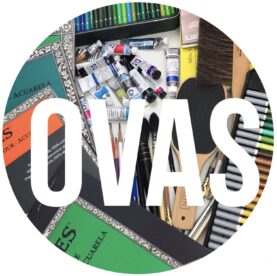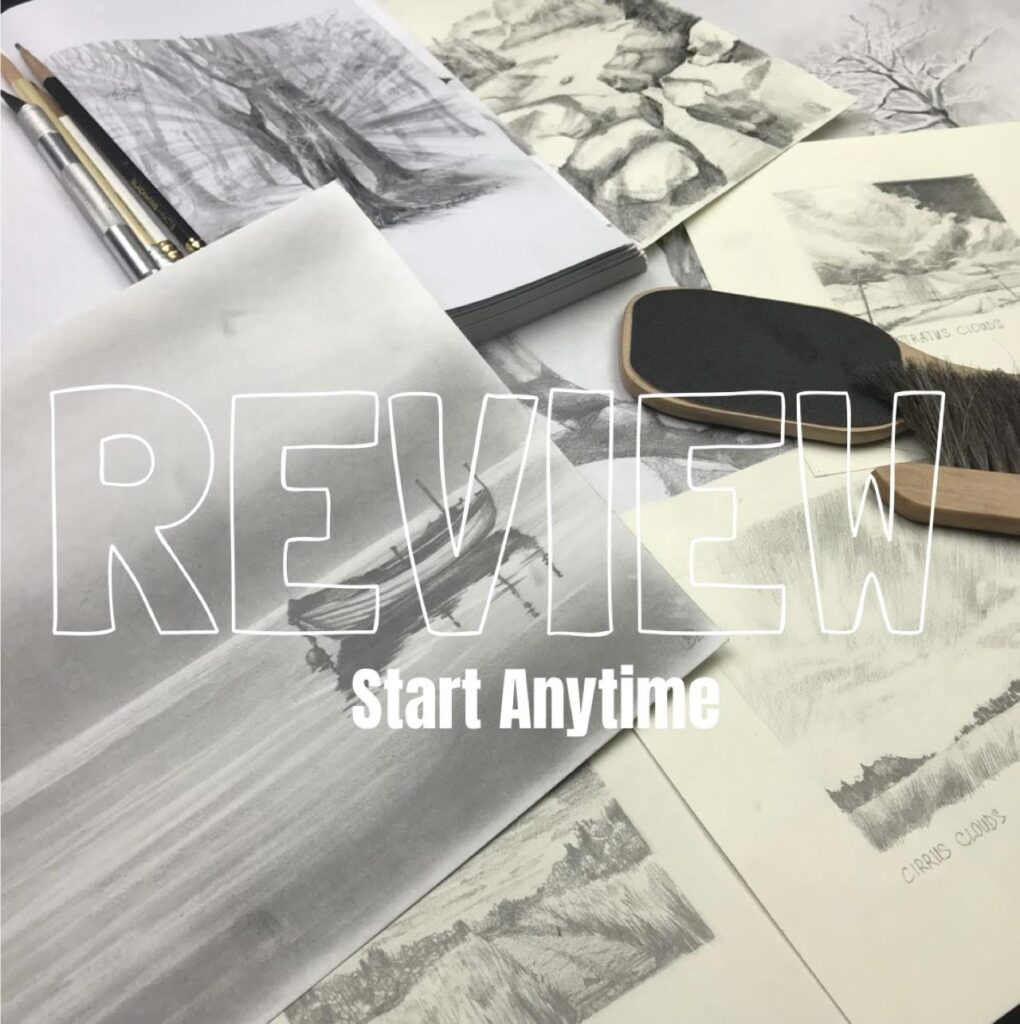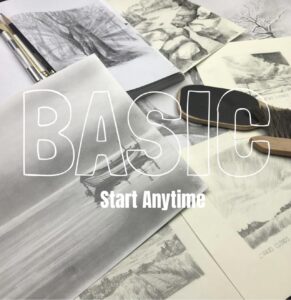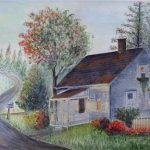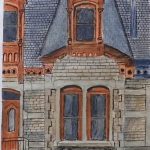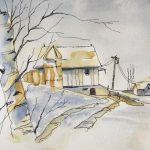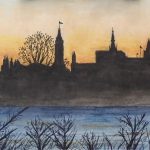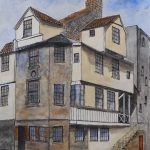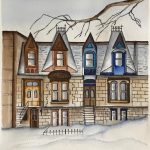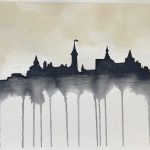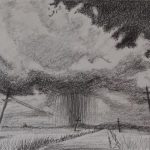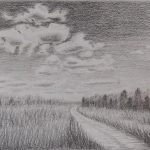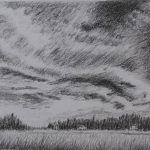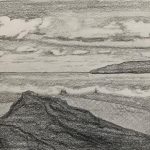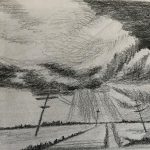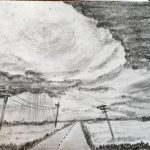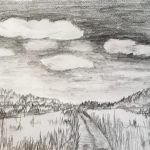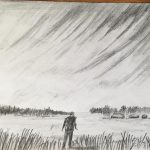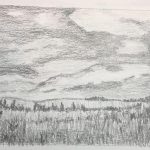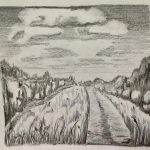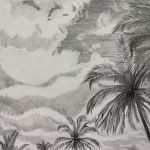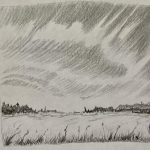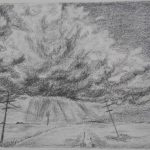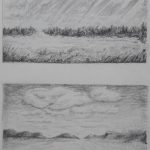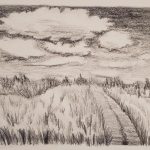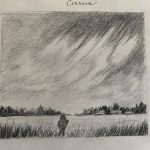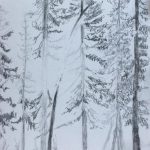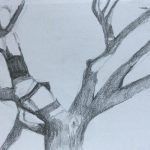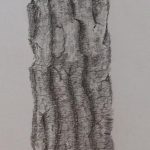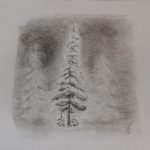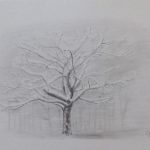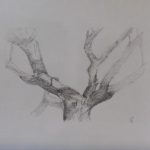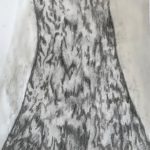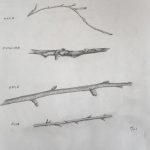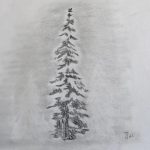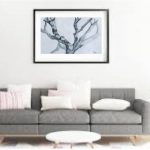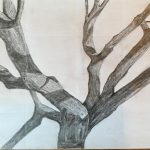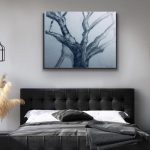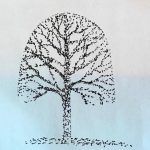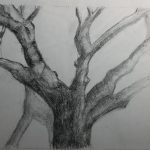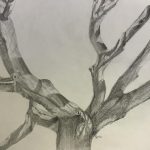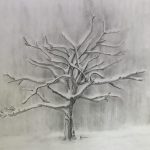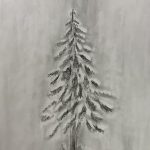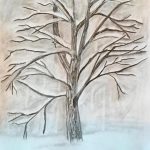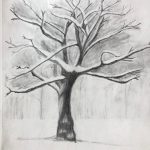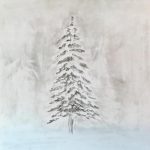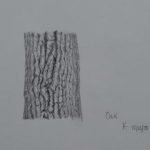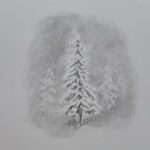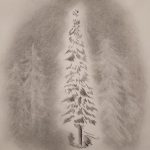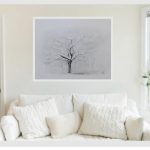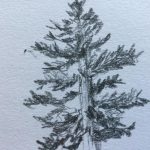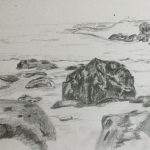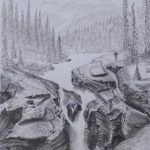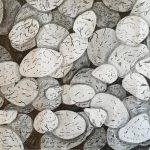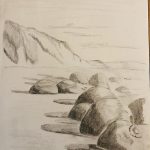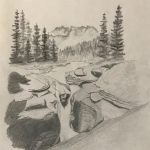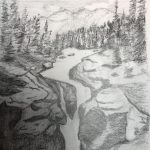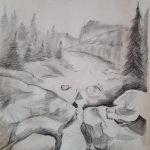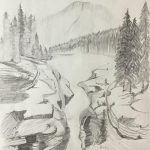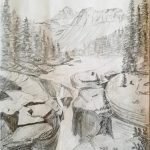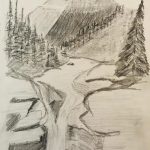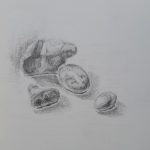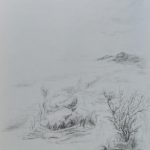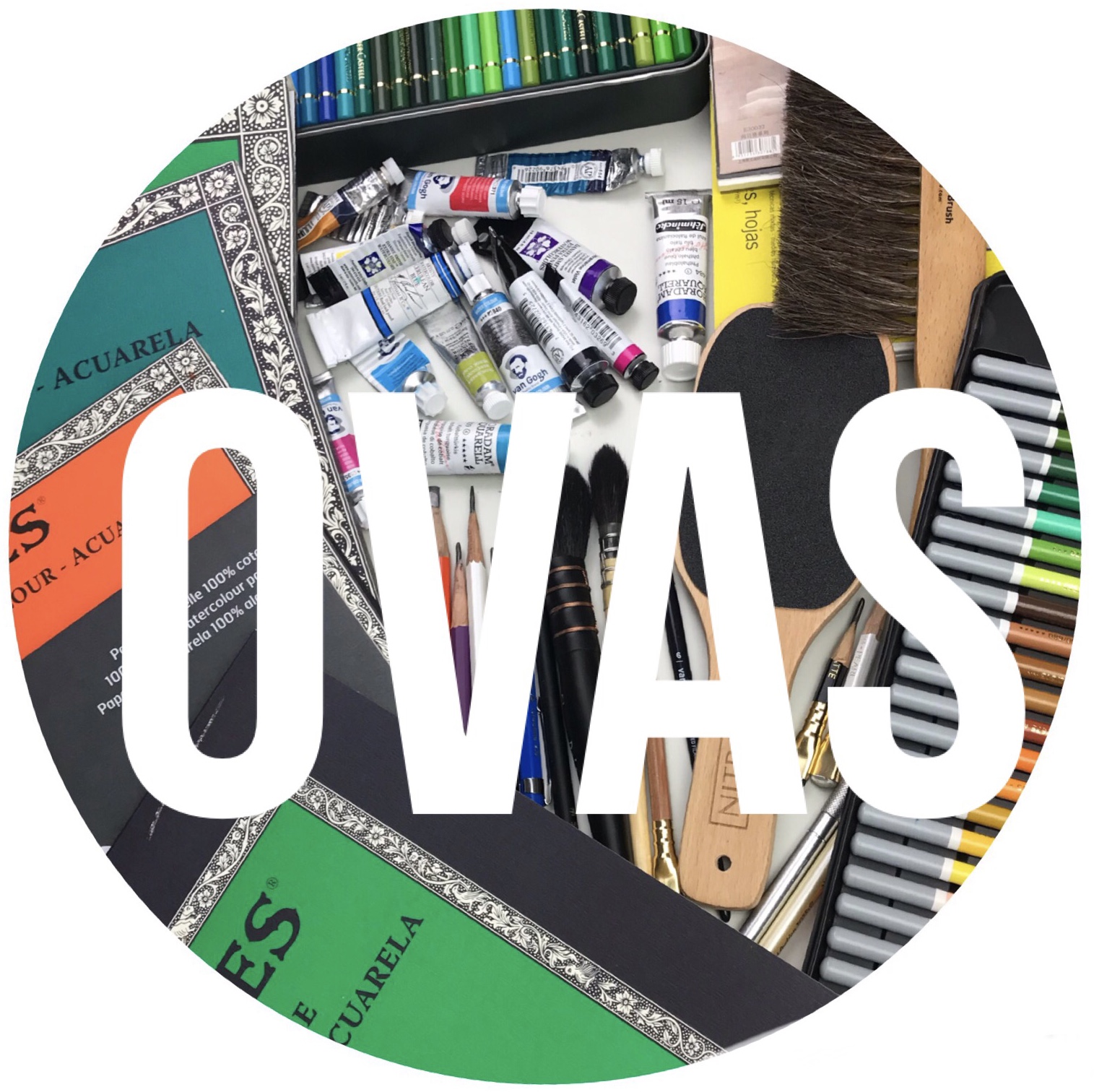This intermediate-level Analytic Pencil Drawing course is designed for students who already have a basic understanding of pencil drawing but want to take their skills further.
It’s perfect for those who feel like “something is still missing” — whether it’s stronger confidence with landscape elements, understanding reflection and perspective, or loosening up their sketching style.
This course focuses on realistic landscape drawing, urban space, people figures, and fast sketching. You’ll study how to simplify complex scenes, improve your tonal range, and build scenes that feel alive and dynamic.
Draw What You Know. See What You Missed.
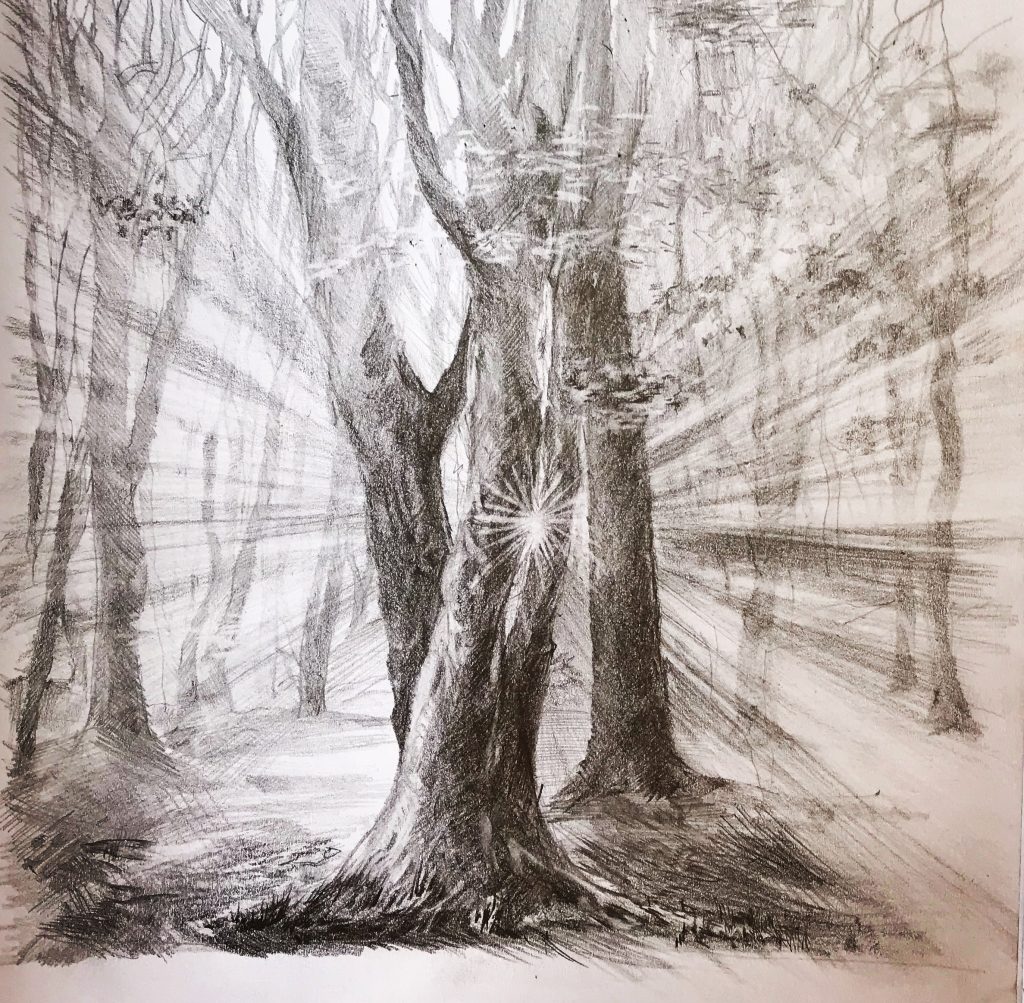
This Analytic Pencil Drawing course designed to follow the BEGINNER COURSE, it helps you bridge the gap from structure to creative fluency.
REVIEW package for self study with 140 days of teacher support with 6 homework reviews 6 video lessons (opens bi-weekly starting February 16, 2026) 12+ pencil drawings 60+ practical exercises Lifetime video access for self-studying
What this course gives you?
This intense 6 lessons program covers landscape and cityscape fundamental theories and composition basics.
What you will learn:
You will learn how to use your knowledges of tonal and atmospheric perspective to create stunning landscape and cityscape scenes. You will study how to draw different types of clouds shapes, trees shapes and shadows, stone shapes and values, water reflections rules and street crowd rules.
* How to draw skies, trees, water, mountains, and city scenes
* Understanding how light interacts with natural and built environments
* How to apply 12 types of perspective in scenes with people and streets
* Using value and line to express distance, space, and movement
* Sketching confidently with expressive line and controlled speed
This Academic Pencil drawing course is a program for the intermediate level.
What is in the course?
The Lesson List:
Lesson 1
Landscape Elements. Air. Sky. Clouds
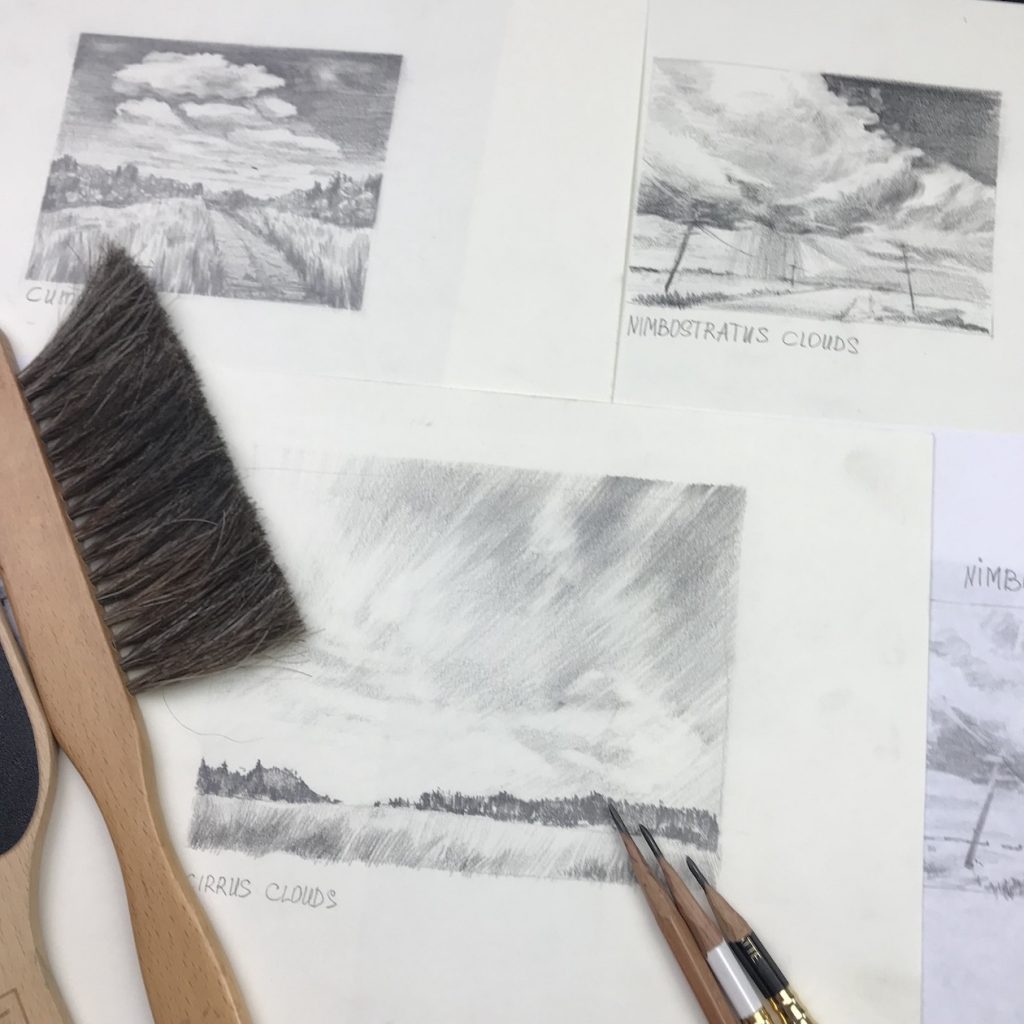
Learn to capture the feeling of space and movement in the sky. You’ll study how to express softness, distance, and form through sky layers and cloud shapes using tone and direction of strokes.
Lesson 2
Landscape Elements. Trees. Forest

Draw the rhythm and mass of trees with structure and spontaneity. Learn to simplify dense foliage and sketch tree forms without losing volume.
Lesson 3
Landscape Elements. Mountains. Rocks

Study the power and solidity of rocky forms. Learn to break down complex landscapes into volumes and planes, using contrast and line weight to create distance and structure.
Lesson 4
Landscape Elements. Water. Reflection

Master the reflective and rhythmic quality of water. You’ll learn how light behaves on still vs. moving water, and how to sketch reflections without overworking.
Lesson 5
Streets. People Figures. 12 Types of Perspective

This is a deeper dive into perspective and human scale. Learn how to integrate people into street scenes with believable scale and motion.
Lesson 6
Cityscape. Fast Sketching
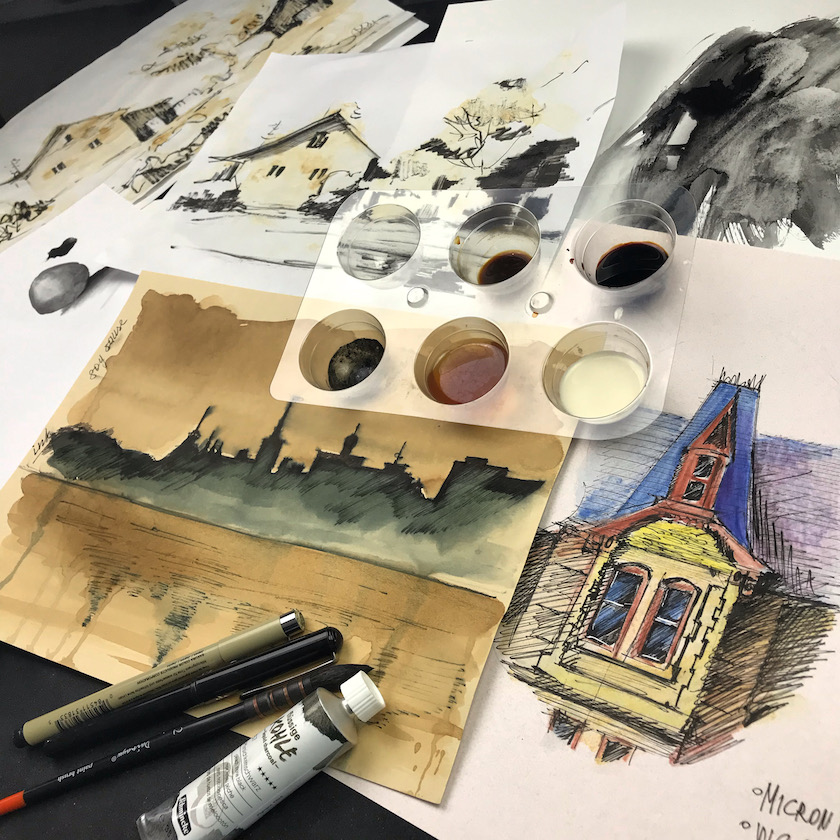
A fun and challenging final class to help you loosen up and work with speed. You’ll explore urban environments using a dynamic sketching approach — pencil, pen, or mixed media optional!
This course is offered in a different package
Student’s work:

Materials and tools you need for the course:
Printer paper for photo references (optional):
Drawing paper, at least 15-20 sheets Format A4 (printer paper) plus 1-2 sheets Format A3 (double printer paper). You might need more, depending on how many home work exercises you will be doing. You can use any type of paper for your class and home exercises, even printer paper would be acceptable to use. Although for the better result the drawing paper with weight 80 lb. (130g/m2) or more is recommended. My recommendation is Strathmore 400 series Drawing paper, 80lb.
Pencils; 2H, H, HB, 2B, 4B, 6B, 8B. You can use any type of pencils. My recommendation is Blackwing; Derwent, Staedtler Mars Lumograph;
Artistic tape;
Eraser. You can use any type of erasers. My recommendations are: black eraser, electric eraser and kneading eraser;
Paper towel and Kleenex;
Drawing board (the board which you will tape your paper to); You can use a clipboard or any smooth surface board big enough to place you paper on it;
Ruler;
Pencil sharpener or Craft knife;
Dust brush (optional);
Blending Stumps and Tortillons (optional);
Q-tips (optional);
Sanding paper sharpener (optional);
Smudging sponge;
Graphite powder;
For the last class only:
Fountain ink pen, my recommendation LAMY SAFARI;
Permanent markers, my recommendation SAKURA MICRON markers;
Coloured pencils;
Watercolour pencils;
India ink (optional);
Ink pen (optional);
Ink glass pen (optional);
Water brush (optional);
Ink brush Pentel (optional);
Milk, coffee, tea and soy souse;
Hair dryer and iron.
The list of subjects you need to have for the visual and practical exercises (optional):
Lesson 1.
White cotton wool;
Table lamp.
Please have a kneaded eraser handy.
Lesson 5.
The longest ruler you have;
A few sheets of printer paper;
Tape;
Sewing thread;
Scissors.
Marker or pen;
Old magazines with images cityscapes or landscapes (optional).
